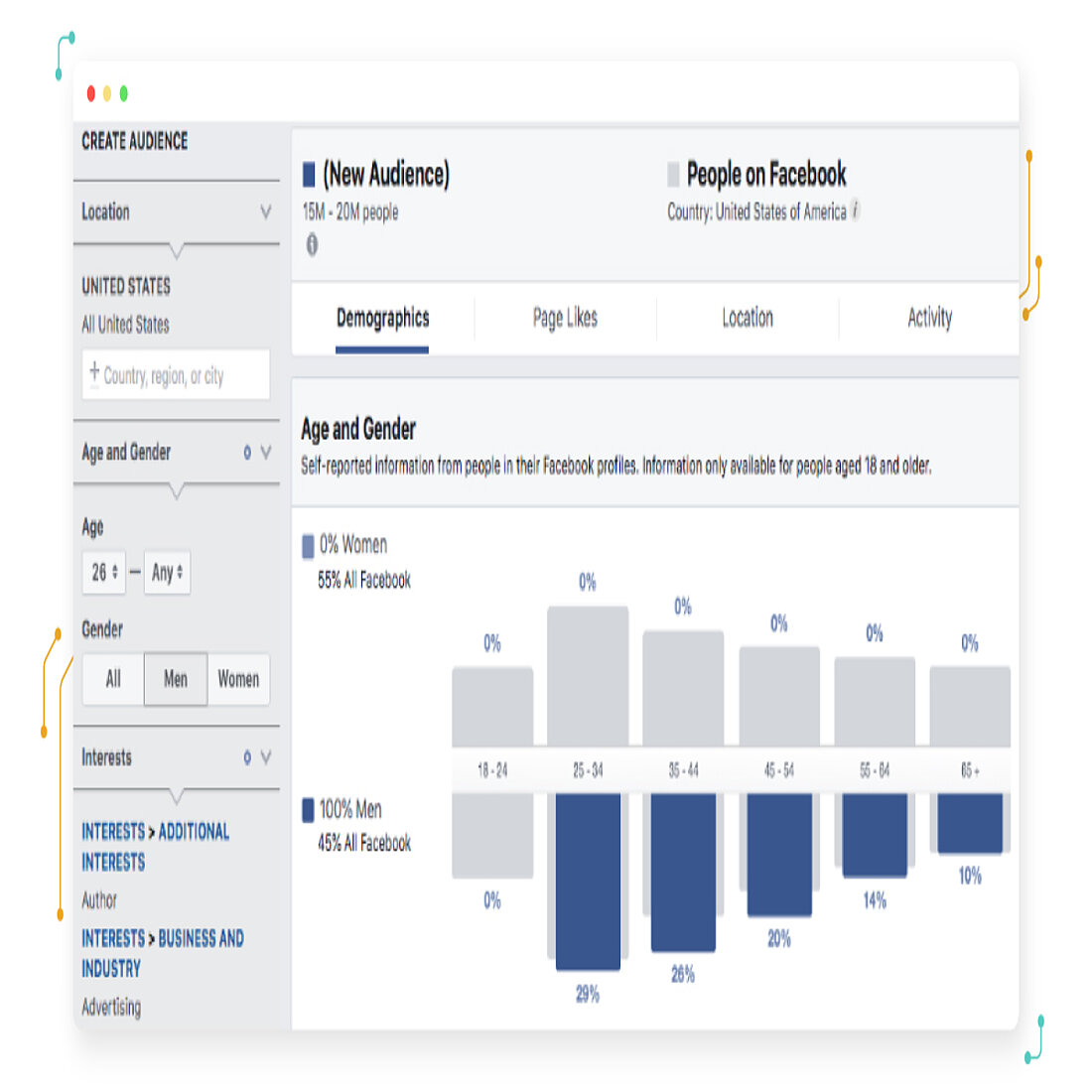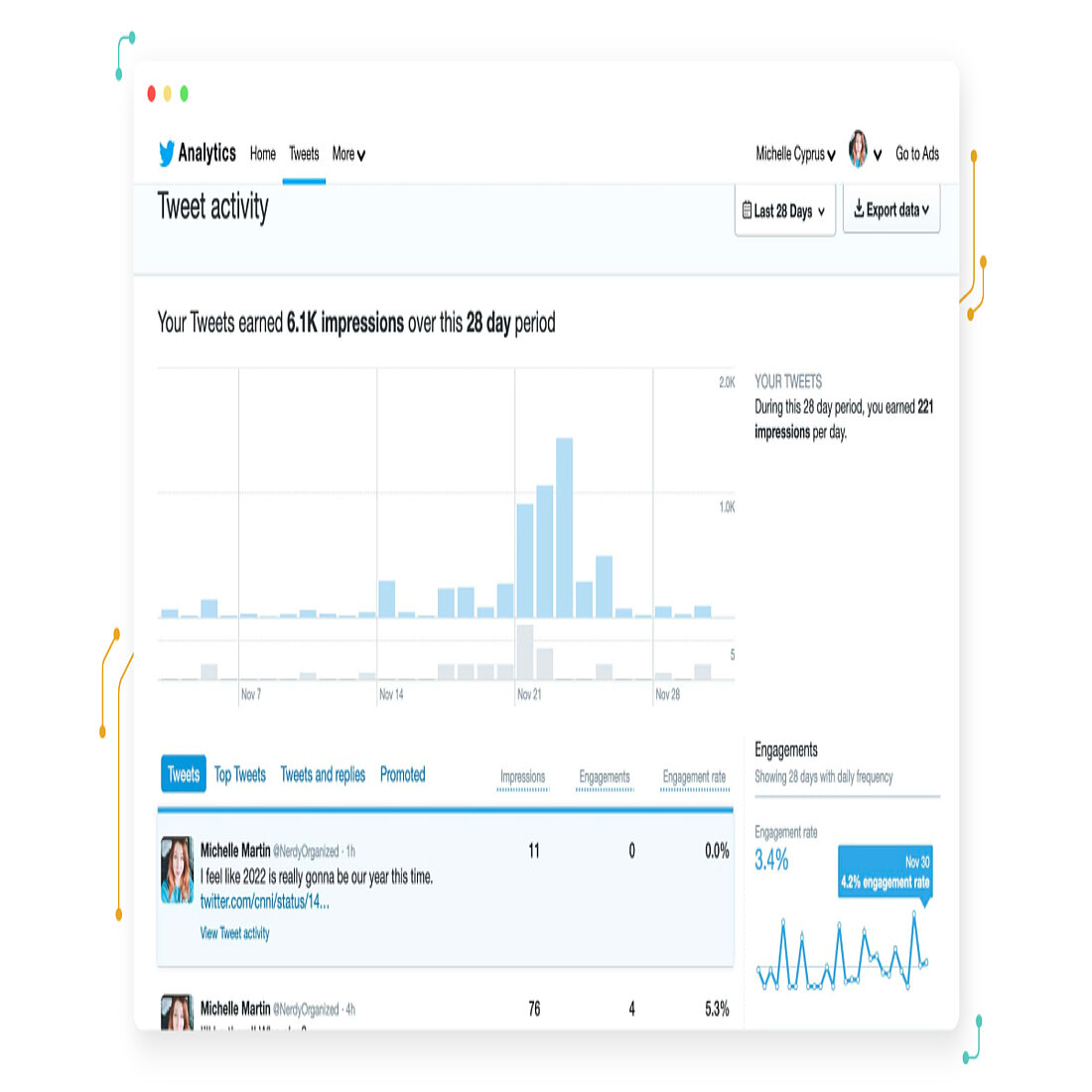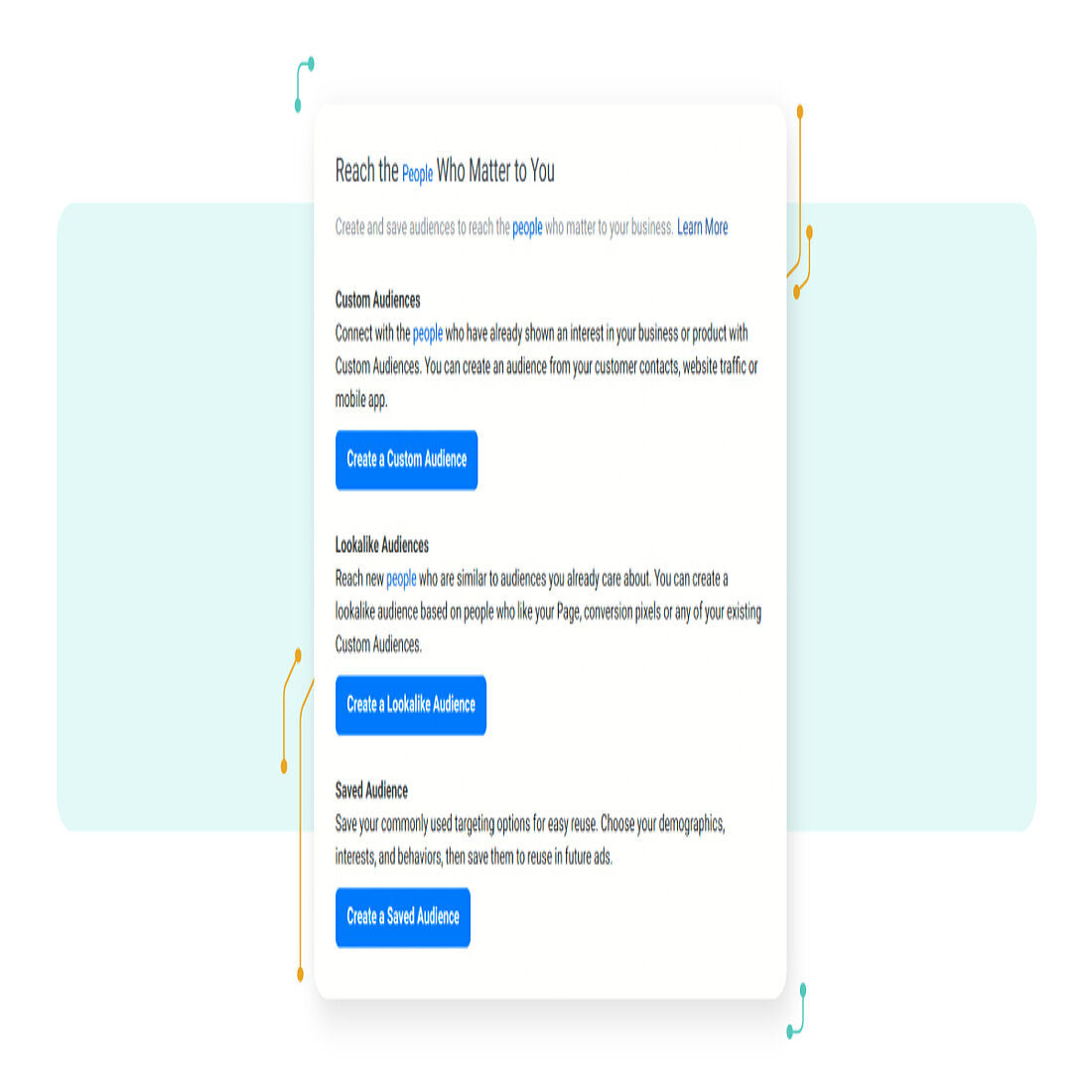
Simon Coulthard November 08, 2022

Social media platforms are effective data-gathering tools for marketers. They collect actionable personal information, such as age, gender, and user interests.
Social platforms use the collected personal data to tailor better user experiences. For instance, social media users fond of tech are more likely to be shown tech ads and content, while those fond of pets get more pet content.
Besides that, social media platforms can also generate ad insights for businesses. These metrics include impressions, reach, engagement, cost-per-link clicks, and many more. There’s also sentiment data such as comments, retweets/share captions, and brand mentions.
It’s no surprise that social media data can immensely help you understand your audience. But it can help you achieve more than that. This post discusses the four core benefits of assessing social media data.
Let’s dive in.

1. Improves Strategic Business Decisions
Understanding the market will then help you make more data-driven strategic decisions. But only if you interpret the social data correctly. Here are some ways social media data can help you make strategic business decisions:
Sentiment Analysis - by observing your comments and online mentions on social networks, you can get insights into how prospects and customers feel about your brand or product. This will help you make strategic decisions that present your brand more favorably. While you may not get these insights directly on some social platforms, tools like Hootsuite or Sprout Social can help you gather the relevant data.
Analysis of numeric metric trends - insights about how your site visits from social media channels increase or decline can also help you determine if the market favors your business decision or not.
Demographic data analysis - you can make critical business decisions based on data like location, age, and gender that you can collect from your followers’ demographic insights.
For example, if your brand aims to target men of all ages, insights like the image below could indicate that you’re doing something wrong. You’ll notice the example audience mainly comprises men aged 25-34:
From such data, you can decide to make business changes like reinforcing more age-inclusive marketing strategies to appeal to men of all ages. Or, adopt a content strategy that focuses on your stronghold age which is the 25-34 age range.
Proper assessment of your social media data will help you make logical business decisions, which will grow your business in the right direction.

2. Enhances Campaign Performance
As a business, you may run campaigns for different reasons like creating awareness, making more sales, driving engagements, or getting more visits to your website.
After running these campaigns, you’d want to know if they achieved the set goals or need to be improved. This is another way social media data can benefit your business.
Social media ad data like click-through rate, engagements, video views, and cost per thousand impressions (CPM) can help you see if your campaign is yielding the desired results or not.
For instance, if you’re running a campaign to get more awareness, insights like impressions and reach will show if the goal is being achieved. Here’s what this looks like with Twitter Analytics:

Also, by analyzing social metrics on your ads and posts, you can better understand what your audience finds interesting and create similar campaigns in the future.
If you run campaigns across multiple social media platforms (i.e., Twitter, LinkedIn, Facebook, TikTok), the social metrics from each platform can reveal which one performs best. With this, you’ll know where to direct your campaigns for better results.
Further, your campaign data from social networks reveal the demographics of your engaged audience, and you can use this to improve subsequent ads. For example, if your social media data shows you have active users in Texas and Delhi, you can run targeted campaigns that resonate with prospects in both cities.
One way to do this is to create custom audiences. Different social channels will have different methods of creating these audiences. For Facebook, you’ll click on “create a custom audience” in the audiences option of the Meta Ads Manager, as shown below:
By analyzing your social media data, you understand the market better. In turn, you can also improve your other marketing campaigns — not just social media ones. This includes your email marketing, your traditional advertising, and your SEO.
Once you enhance the performance of your overarching marketing campaign, you can meet your business goals more quickly.

3. Helps in Lead Nurturing
Lead nurturing is the process of initiating consumer interest and encouraging your warm leads to make purchases.
Through lead nurturing, you consistently reengage your existing customers. Social media data gives you objective insight into what interests your prospects. You can use the information to better your content strategy and boost your content marketing efforts.
For instance, if you run a SaaS business and realize your audience engages with your educational content more than they do your promotional content. You can organize events or create blog content on relevant educational topics like understanding SaaS marketing strategies or funnels to capture more leads.
Also, running paid ads can generate more useful data than organic posts because you gather insightful engagement metrics such as purchases and link clicks. This could give you ideas about what your target audience likes. With this, you can showcase and inform them about similar products through social media organic posts, retargeting campaigns, or special promos.
Finally, if you notice better conversions from a particular ad, you can use the data to improve your content ideas to effectively nurture your leads and keep them engaged.
4. Maximizes ROI
With the help of social media analytics, understanding your audience can help you develop strategies that will lead to higher ROI.
For instance, the data you get from social media platforms can help you create accurate buyer personas and run ads more likely to bring conversions. As a result, it’s easier to get maximum returns on your social media ad spend.
Also, social media can help you learn from what your competitors are doing so that you can direct your marketing efforts more effectively. With social media data, you can discover details like:
- How often your competitors post on social networks.
- User sentiment about competing products and services.
- Hashtags competitors are using.
- The type of ads your competitors are running. This is easily accessible on platforms like Facebook, Youtube, and LinkedIn.
Observing your competitors’ social media activity helps you understand the target market better. As a result, you can carefully plan your marketing approach so you’ll get more ROI as opposed to working without any background information.
In Closing
As a business owner, you cannot afford to overlook the benefits of social media and its wealth of data.
Assessing social media data will allow you to make more informed business decisions. Additionally, you can improve your marketing performance, nurture your leads better, and maximize your overall ROI.
So before running your next social strategy, take a step back. Assess market sentiment, your market demographics, and your existing campaign’s metrics. This will lead to better results, which in turn, improves business growth. Good luck.
Nico is the founder of Crunch Marketing.
The company works with enterprise SaaS clients, helping them scale lead generation globally across EMEA, APAC, and other regions.
Share article
Get Started for Free
Gain World-Class Insights & Offer Innovative Privacy & Security

You might also like
Insights to Your Inbox
Receive a monthly summary of website intelligence news, advice, and also product updates. And don't worry, we won't tell sales!










